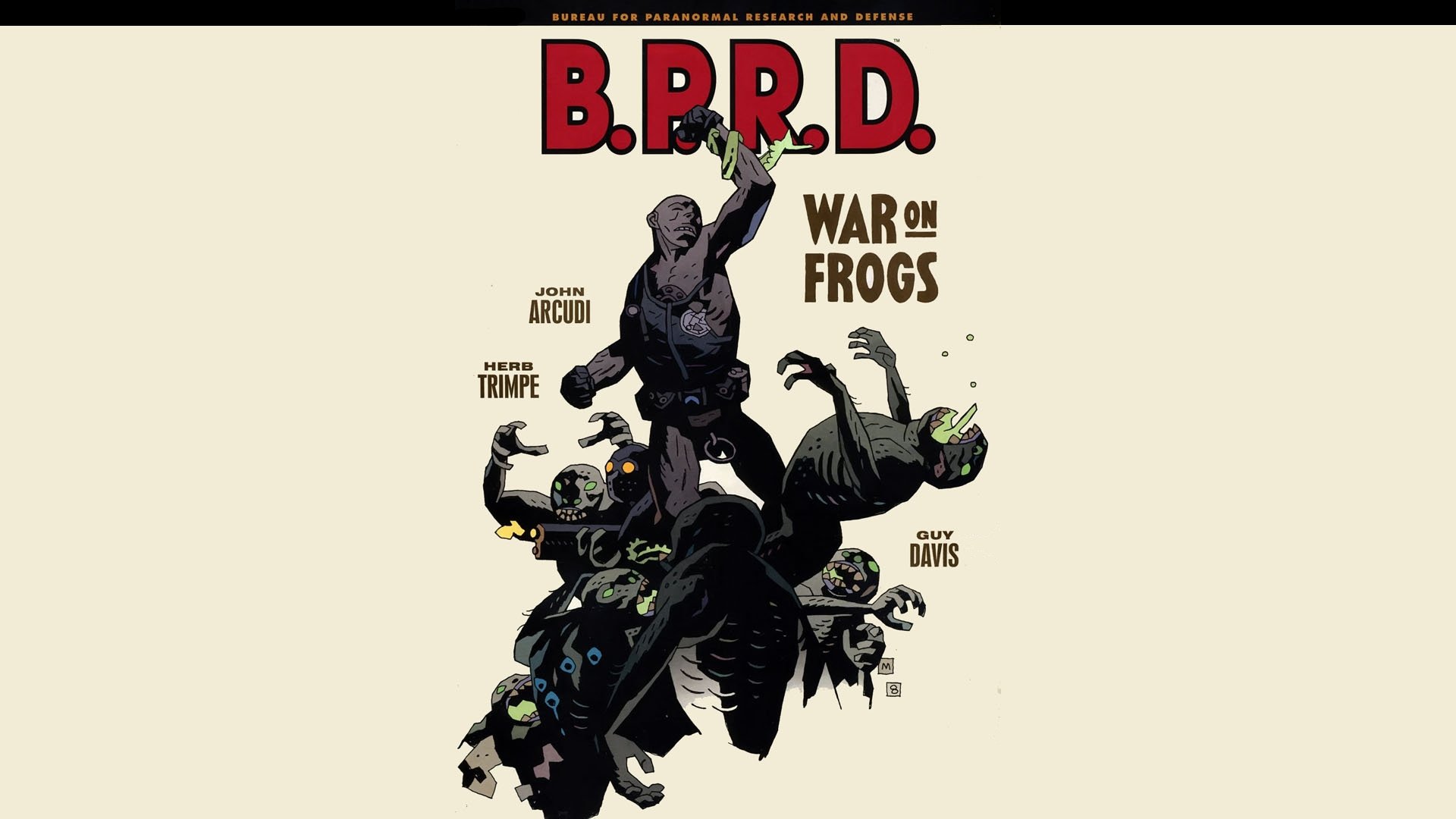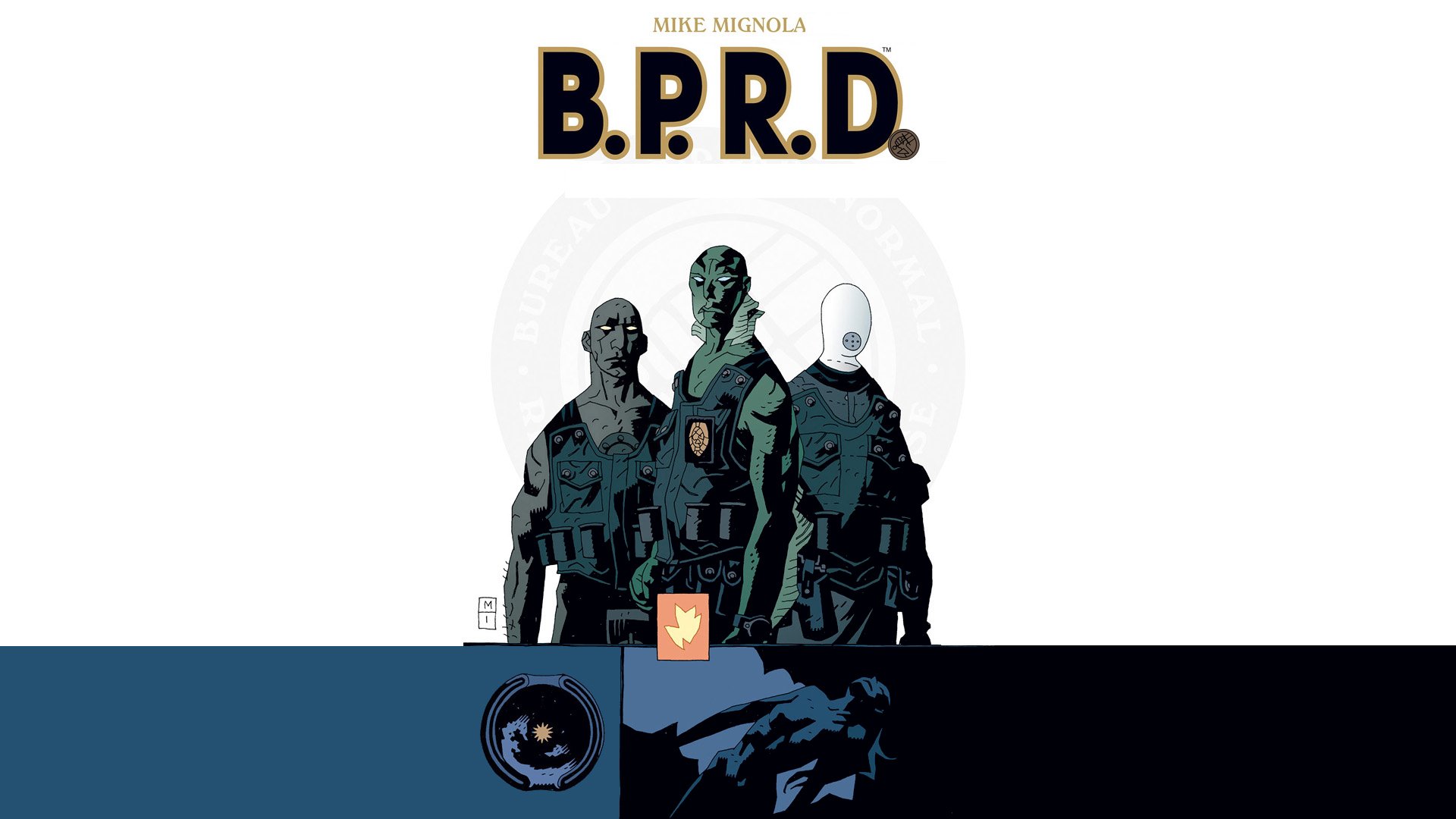2meirl4meirl
NielsBohron
Rounders has a young Matt Damon and Edward Norton and is entirely about gamblers making their living as poker players in the late 90's or early 2000's.
It's pretty good
Edit: I just realized you said not entirely about cards, but I still highly recommend the movie. The plot revolves around cards, but it's also about ambition and knowing when to cut off deadbeat friends
Fucking Onion keeps giving them ideas; the GOP might as well start paying them as policy advisors
it wouldn't be too hard to do the math.
I think you severely overestimate their ability to do math.
This might be an unpopular opinion, but I would say that "Sweet Home Alabama" is very different. It was not written bitterly and it was written by a bunch of Neil Young fans (and Neil himself loved the song). The point of "Sweet Home Alabama" was to show that there were people who grew up in the South who weren't racist, who acknowledged and decried the racist history of the South, but who also felt resentment at being lumped in with the racists, past and present. Being both proud of being from the South and ashamed of being from the South at the same time even has its own term, coined AFAIK by the band The Drive-By Truckers: "the duality of the Southern Thing."
There are plenty of artists and musicians that should just be written off, but I don't think Skynyrd is among them. They were actually relatively progressive for their background and were trying to paint a fairly sophisticated and balanced story; it's not their fault that their fanbase evolved into a bunch of racist assholes who preempted the song for their own causes, especially since the heart and soul of the band died in a plane crash in 1977. But that's just my two cents as a huge music fan who grew up listening to Skynyrd in the 90's.
That's because you're thinking of it like a particle moving a distance, but matter at that scale actually behaves more like a standing wave that only has discrete solutions.
Or at least that's how I think about electrons and Schrodinger's equation. I dunno, I only teach about stuff that's as small as an electron, but it's a useful tool for thinking about quantum numbers, so I assume it applies to smaller matter, too.
The one with the Kriegaffe I made from a comic scan, but the rest I've found online. From what I can tell, they seem to be a mix of cover art and promo art, some of which were originally meant to be wallpapers and some repurposed.
We all know the proper response, but imma say it anyway:
Trump is not a cunt; he lacks the depth and warmth
I don't know that you're wrong, because those MD/PhD programs are exceptionally demanding (but are a good way to avoid med school debt for some). It's more that even for pure MD's, research is a very, very different career path than practicing physician. I think researchers still have to go through residency, but after that they're mostly designing and arranging clinical trials, writing grants, interacting with related university departments, etc.
So, you know, research stuff rather than patient stuff.
edit: to address your actual question, I have no idea what the numbers for each path look like. A lot of those fields get so interrelated that it probably depend a lot on how you define "medical research." Does genetics count? Genomics? Biomedical engineering, definitely, but what about the material scientists that develop the new dental polymers? It all gets pretty hazy when you drill down on specifics
Edit 2: I also suppose I should say that my experience with science research is almost entirely in public/university research from about a decade back, so current private sector research could vary a lot from my experience. I don't think it's that different though, given what I've heard from friends and coworkers.
There are medical researchers that have MD's, but they are not practicing physicians (usually). There are MD/PhD programs that are aimed toward medical research fields (usually with the PhD being in biology or chemistry as you mentioned), and lots of biological and biomedical engineers working on certain medical fields as well (especially using stem cells and other chemical cues to regrow tissues). So yeah, biology- and physiology-adjacent sciences are where most of the actual advances are happening.
Actually practicing medicine is basically like being a mechanic that specializes in keeping one particularly poorly designed piece of equipment running.
I'm aware of and support her current work and I agree that she's much smarter than her public persona would lead people to believe. However, she still comes from a place of unbelievable privilege and telling people to "stop being desperate" is incredibly tone deaf, IMO.
Two things can be true at the same time.

























Honestly, we've all been there.